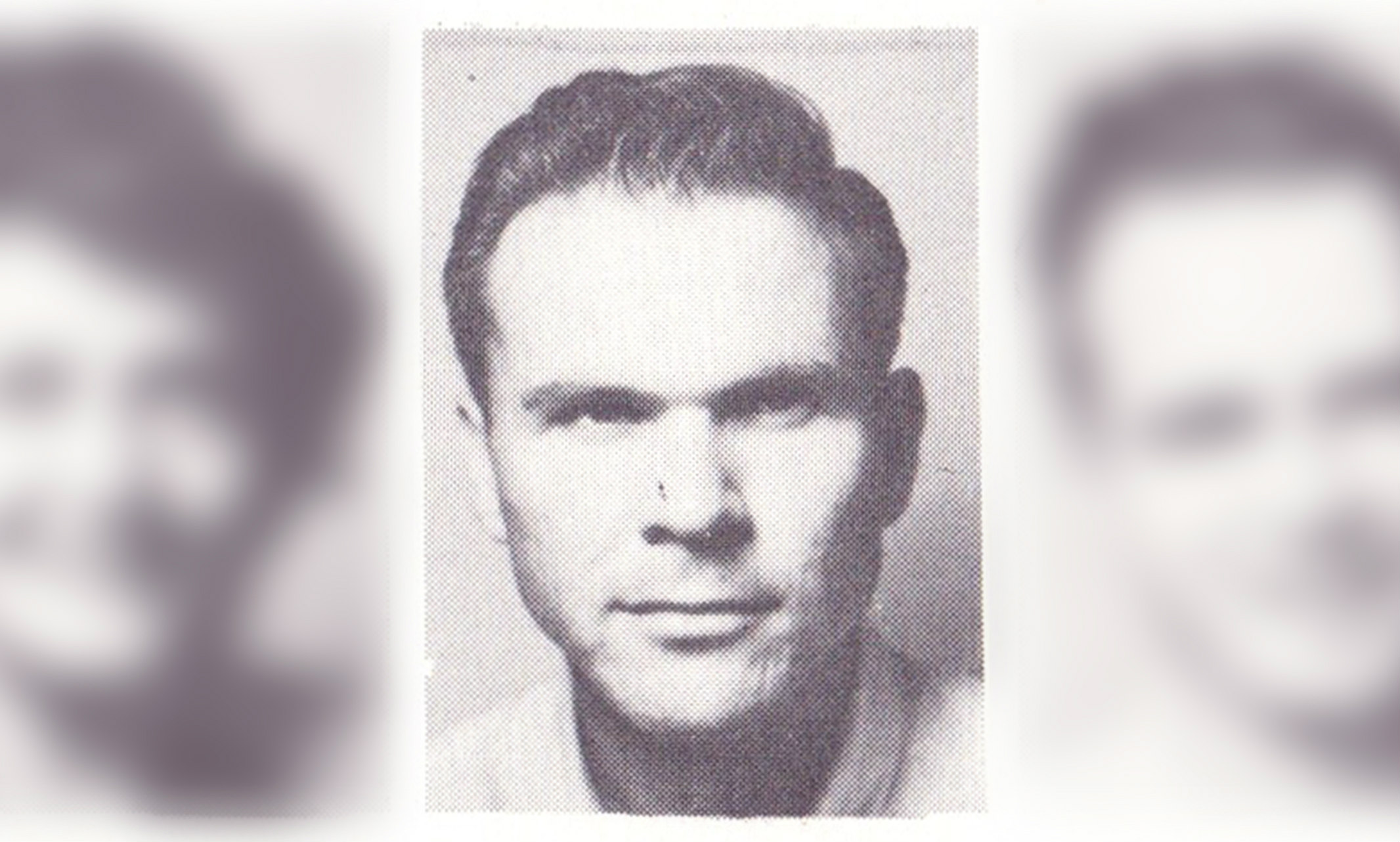Albert Gerecht, B.A. ’52, established his business, The Tax Gallery in 1956, one mile from his alma mater. After earning his degree and meeting his wife, Doris, he led a bold life making friends, building his business and supporting the community. Upon his death he bequeathed $400,000 for merit-based scholarships to further his commitment to helping people help themselves.
“Albert was one of kind,” Melanie Zeigler says. “I walked into The Tax Gallery 32 years ago looking for a notary and ended up with a job. It was his idea. You did not tell Albert ‘no.’”
Zeigler and Ken Baylie have co-owned The Tax Gallery since 1995 when Gerecht sold them the business.
Gerecht told Zeigler that he started the business selling insurance and went door-to-door selling policies. One day, a potential customer said that he couldn’t talk because he was working on his taxes. Gerecht had a quick reply.
“’My wife does taxes,’” Gerecht said. “‘Bring them down!’”
The Gerechts started their insurance and tax-preparation business on Troost Avenue, which is considered a racial and economic dividing line in Kansas City. Albert was committed to helping everyone who walked through his door.
“Albert loved his customers,” Zeigler says. “A lot of his clients were of color and he knew that they were often charged more at other places than white clients.”
“Albert was one of kind,”
In the 1970s, Gerecht sued multiple insurance companies under the Sherman Anti-Trust Act, which protects consumers from abuses, for red-lining.
“He didn’t win, but that was who he was,” says Albert’s son, Wolfe Gerecht. “He was always willing to do battle.”
In addition to his integrity, his family and friends remember him as a garrulous, quick-witted and intelligent man. He confided in them that he felt that because of his Jewish faith he experienced prejudice and mistreatment. As a result, he believed that an unbiased association with all people combined with the power of education could eliminate hatred.
Albert’s best friend, Art Kammerlohr, said his gift to UMKC to establish scholarships was intended to foster performance and excellence irrespective of need, but his substantial giving in other areas demonstrated his desire to help those less fortunate, foster education and to promote and support organizations that speak truth to power and protect individual rights.
The people who loved Albert remember him as garrulous, quick-witted and hard working.
“Albert loved people,” Zeigler says. “He would walk into a restaurant and say, ‘Hello, everybody!’ I learned a lot from him. He was a giving man.”
The Albert Gerecht Scholarship will fund five $10,000 scholarships annually until the funds are expended. For more information on scholarships, please contact Scholarships and Financial Aid.

